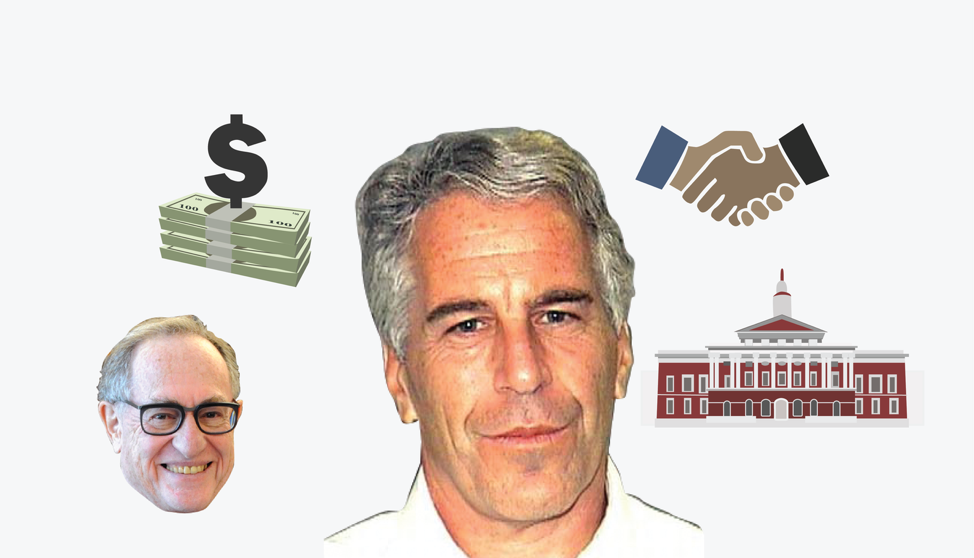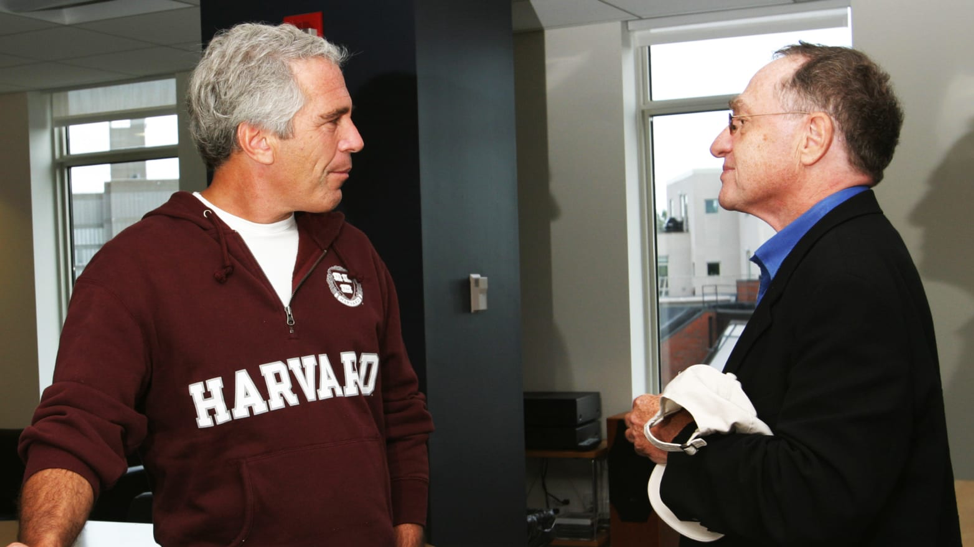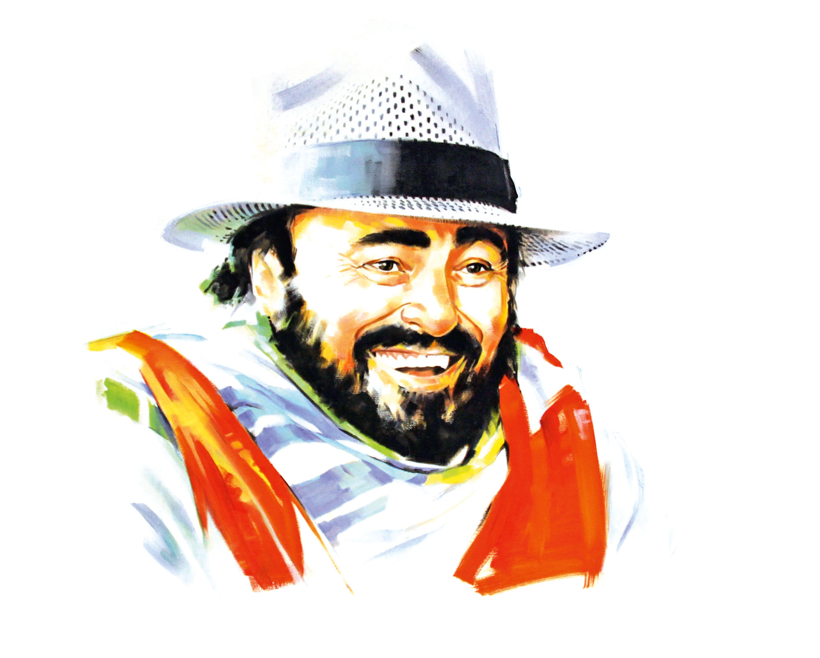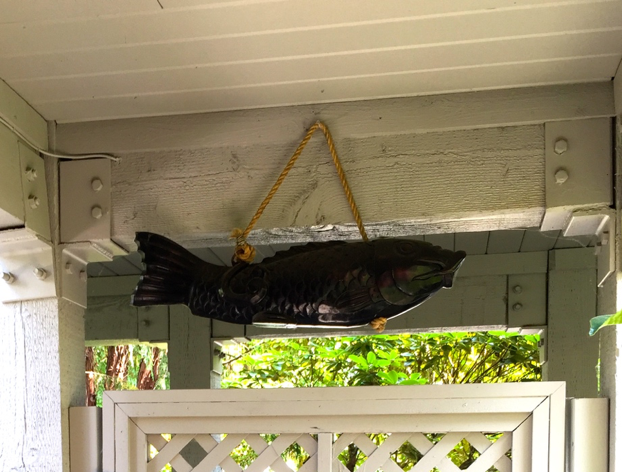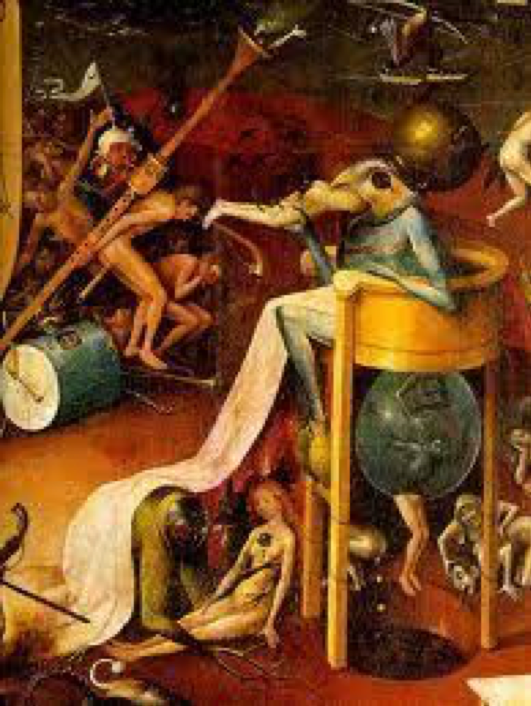
I’ve been thinking a lot about death and Ricky Gervais lately, because I’m losing friends at such an alarming rate. Their obituaries often say, “Died of natural causes,” but Stuart Nuland in his book How We Die says the death certificate should probably read “Died of old age,” although he acknowledges that we’re not quite there officially. At my age, it’s natural to be thinking of death, but I’m trying to be cool about it. As Ricky Gervais says, “Death is like being stupid; it’s only painful for others.”
On the other hand, thinking of my own death is embarrassingly self-absorbing. There are so many other deaths to think about, like the death of democracy or the planet as we know it? Just when you think it can’t get any worse… it does.
It seems incomprehensible to those of us who, after living through the end of the Great Depression, the beginning and end of WWII, lunch counter sit-ins, voting rights demonstrations, the Detroit and Watts riots, the Summer of Love and the Vietnam War, the brief Pax-Clintonia, 9/11 and the endless wars in Iraq and Afghanistan, we are, in two years of the Trump regency, reliving the turmoil of the 1950’s and ‘60s – congressional investigations, character assassination, charges of treason, talk of impeachment, homophobia, factionalism, isolationism, socialism, racism, fascism, Christian bigots, Muslim suicide bombers, and unbridled greed – all exacerbated by global warming, rising sea levels, great disparities in income and wealth, homelessness, mass shootings, immigration crises, children in cages, open conflict with international allies, open affection for murderous dictators, and an ignorant thin-skinned president. What could possibly go wrong?
This is the way the world ends
This is the way the world ends
This is the way the world ends
Not with a bang but a whimper.
That’s the last verse of T.S. Eliot’s poem, The Hollow Men. How appropriate is that title at a time like this? America is currently under management by a would-be dictator served by a posse of “acting” bureaucrats. The adults have all left – or been dismissed – and the kids from Lord of the Flies are grown up and in-charge. They are the Hollow Men.
I doubt the end of times will come before I’m gone, but there are those who see these times eschatologically (as in “the end of the world”). Those evangelical Christian sects are looking forward to the “rapture,” when they will be rewarded with a trip to heaven and the rest of us will be forsaken.
I doubt I’ll be on the upward trip. Right now, I’m more concerned about America wallowing in a scatological nightmare rather than an eschatological one. When the president of the United States busies himself talking about “shithole” countries and the “bullshit” of congressional oversight, it looks to me like he’s more concerned with the study of human excrement (scatology) than his ascent into heaven (eschatology). As a self-professed germaphobe, let’s hope he doesn’t get smeared on his way up or things could get smellier and uglier than they already are.








